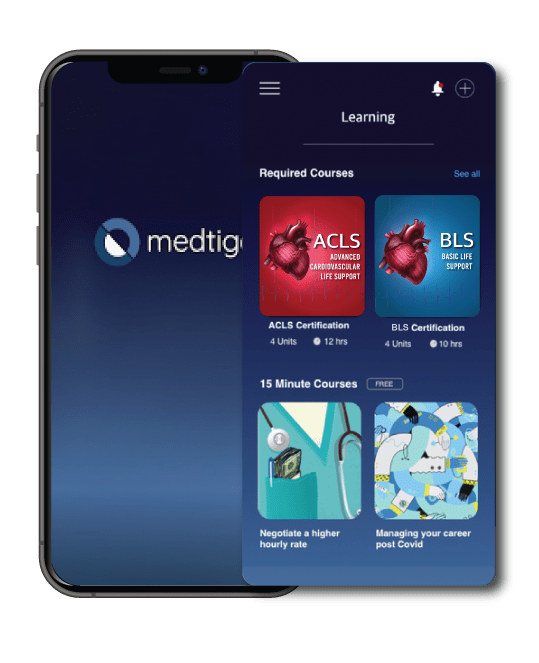
Quitting smoking provides major health and family advantages, including an average gain of 10 additional years of life, decreased pregnancy complications, and decreased exposure to second-hand smoke. These improvements result in fewer school absences, reduced child health risks, and fewer developmental delays, as well as improved family finances. Pediatric practices offer important opportunities for intervention, and the Clinical Effort Against Secondhand Smoke Exposure (CEASE) program was designed to address sustainability challenges. To further enhance impact, an innovative electronic health record (iEHR) based method was developed to automate screening and connect parents with cessation services.
The research was a clinical trial conducted in 12 pediatric practices within the Pediatric Research Consortium at the Children’s Hospital of Philadelphia. The eCEASE treatment is an electronic health record (EHR) based platform. It is used to help pediatric patients quit smoking. The treatment involved parental smoking identification, automated prescriptions for nicotine replacement therapy (NRT), motivational cessation messaging, enrollment in SmokefreeTXT and quitline services, staff training, and coaching by community health navigators.
The control group received standard, usual pediatric care, which could include medication or smoking cessation counselling. The primary outcome was biochemically validated 7-day tobacco abstinence, measured by carbon monoxide or cotinine testing. Secondary results involved SmokefreeTXT/ quitline engagement, NRT use, reduction in daily smoking, and quit attempts. The trial was conducted with institutional review board approval and in accordance with the CONSORT guidelines.
The study employed a randomized approach using generalized linear mixed-effects models to compare the outcomes between the control and intervention groups. Statistical χ² tests were applied to evaluate hypotheses, and the delta method was used to estimate risk differences. Difference-in-difference analyses assessed changes in the daily cigarette use and smoking prevalence. All analyses were two-sided with statistical significance set at P < 0.05.
A total of 817 smoking parents were enrolled from 12 pediatric practices with demographics evenly distributed between groups (82% women, 44% non-Hispanic White, 40% non-Hispanic Black, mean age 36 years). Approximately 90% had completed the follow-ups at 12 months. Self-reported abstinence was higher in the intervention group compared to the control group (21.8% vs 16.9%), although biochemically confirmed quit rates were lower (8.3% vs 6.4%). A composite outcome was included, showing that self-reported abstinence confirmed biochemically or NRT usage and showed significantly higher cessation in the intervention arm (9.1% vs 4.9%). Parents in the intervention group also reduced daily cigarette consumption more than controls (-3.3 vs -1.8 cigarettes/day) and were more likely to transition from daily to non-daily smoking. The use of cessation services was substantially higher in the intervention group, particularly for quitline/SmokefreeTXT (25% vs 2%) and NRT use (48% vs 16%).
Navigator support was associated with greater reductions in cigarette use and higher NRT uptake. Exploratory analysis found that parents with Medicaid coverage in the intervention arm had an 8-fold higher likelihood of NRT use compared to Medicaid parents in the control group. This suggests significant benefits for medically underserved populations.
This cluster-randomized clinical trial demonstrated that integrating parental smoking cessation support into an EHR platform elevated tobacco treatment delivery, cessation service utilization, and reduced parental cigarette consumption over one year. Although intervention did not significantly increase the quit rates after one year, it effectively reduced the daily cigarette use and enhanced engagement with cessation services.
The study also highlighted the role of eCEASE in promoting equitable access to smoking cessation services across diverse socioeconomic groups. Nearly half of the parents in the intervention arm used NRT, and 35.2% reduced daily smoking compared to 16.0% in the control arm.
Reference: Nabi-Burza E, Jenssen BP, Jeffers AM, et al. Automated Tobacco Cessation Intervention for Parents in Pediatric Primary Care: A Cluster-Randomized Clinical Trial. JAMA Netw Open. 2025;8(8):e2529384. doi:10.1001/jamanetworkopen.2025.29384













